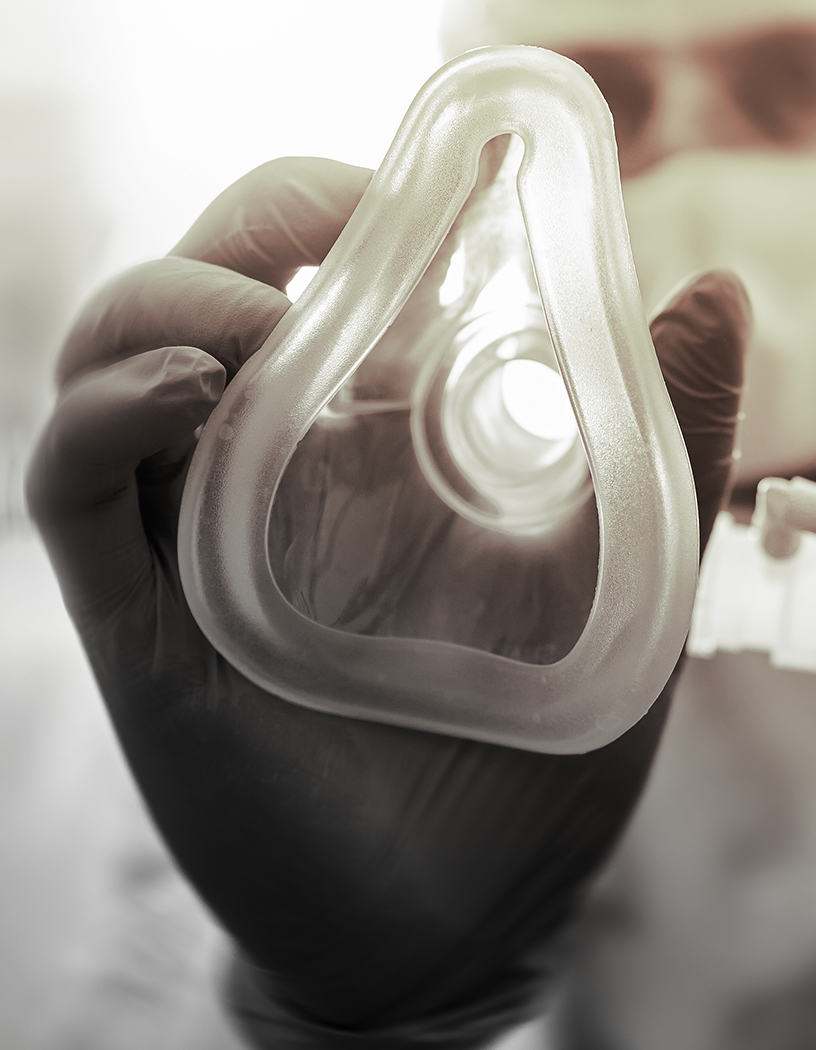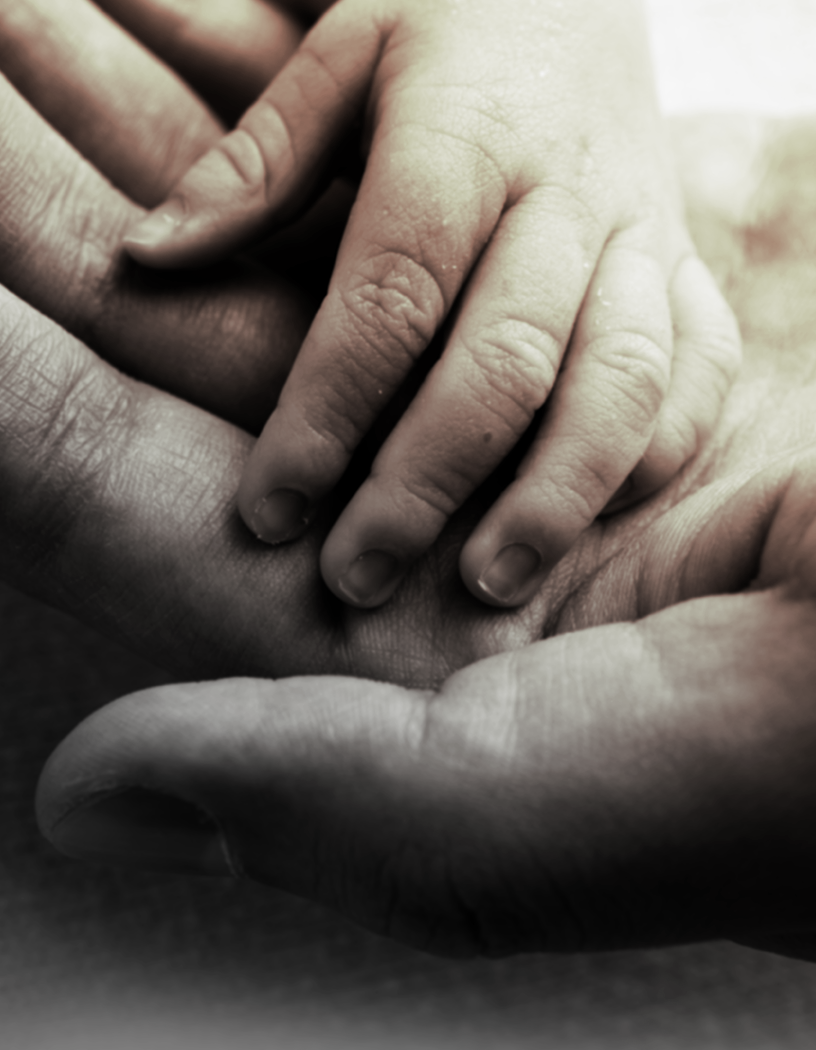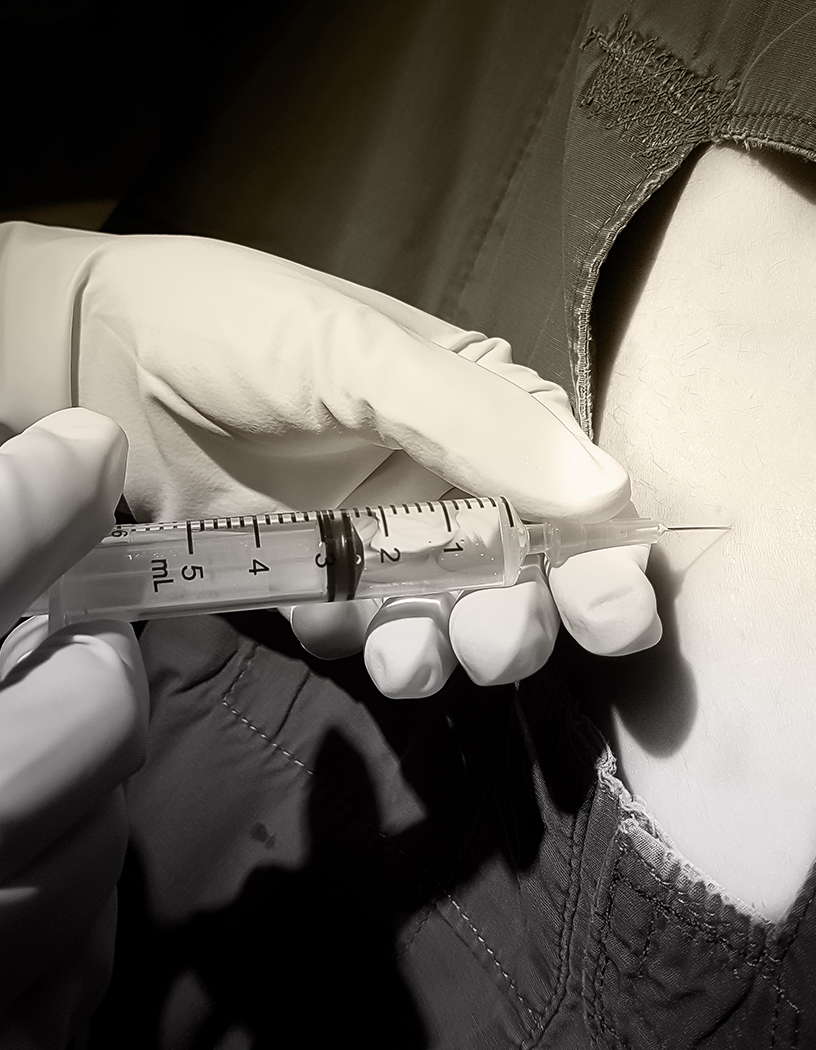Nursing Home Malnutrition & Dehydration Attorneys Marlton, NJ
NJ Personal Injury Lawyers Aggressively Investigate Claims of Elder Abuse and Neglect Including Those Involving Malnutrition and Dehydration in Camden County, Burlington County, and Throughout South Jersey
According to a recent survey of studies, approximately 20 percent of nursing home residents suffered from some form of malnutrition or dehydration. Unfortunately, due to the lack of an official set of standards for classifying a nursing home resident as suffering from malnutrition or dehydration, the prevalence rates range from one percent to 66 percent. The fact remains that the elderly can be easily neglected or abused in nursing homes or long-term care facilities. If you or a loved one have suffered from nursing home malnutrition or dehydration, you need experienced personal injury lawyers who will aggressively investigate and pursue your claim. The award-winning attorneys of Andres, Berger & Tran have a proven track record of helping clients who have been harmed through no fault of their own, obtain the compensation and justice they deserve
What Are the Signs and Symptoms of Nursing Home Malnutrition and Dehydration?
Due to the fact that many nursing home residents already suffer from a variety of medical ailments, malnutrition and dehydration can cause further medical problems or exacerbate existing ones. When malnutrition and dehydration are caused by abuse and neglect by nursing home staff, elderly persons may be unwilling or unable to let friends and loved ones know they are suffering from malnutrition and dehydration. The symptoms of malnutrition and dehydration may also leave elderly persons unable to recognize they are suffering in the first place. That is why it is important to look out for signs and symptoms of malnutrition and dehydration in nursing home residents. Signs and symptoms of malnutrition include:
- Oral symptoms: Symptoms in and around the mouth include redness, canker sores, and yeast infections characterized by white patches on the tongue or inside of the mouth
- Muscular and motor-skills issues: Elderly patients suffering from malnutrition can lose muscle mass as the body uses nutrients in the muscles to make up for the lack of nutritional intake; this often causes fatigue that quickly sets and lasts for a long time
- Eye symptoms: Red, swollen, and/or glassy eyes that also suffer from new or additional vision problems
- Cognitive difficulties: Includes irritability, confusion, or symptoms of dementia
- Skin symptoms: The skin may turn yellowish, while the skin of people with darker complexions may dull. The skin may also heavily wrinkle
Symptoms of dehydration in elderly nursing home patients include:
- Canker sores
- Dry mouth
- Significant thirst
- Dry, pale, extremely wrinkled skin
- Sporadic urination
- Inability to sweat
- Disorientation, irritability, hallucination, and/or delirium
- Low blood pressure
Who Should Be Held Responsible for Nursing Home Malnutrition and Dehydration?
Who can be held legally and financially responsible for nursing home malnutrition and dehydration often depends on the circumstances of the case. First, is an elderly person’s malnutrition and dehydration the result of neglect and negligence by the nursing home and its staff, or is it the result of willful or wanton abuse by the nursing home staff? Some of the parties who can be held responsible for nursing home malnutrition and dehydration include:
- Nursing home staff: Nursing home staff, such as nurses, orderlies, or doctors, are responsible for ensuring that residents are receiving sufficient nutrition and hydration, and may be responsible for preparing and delivering food to residents or feeding residents. Staff may be negligent in ensuring residents receive necessary amounts of food or water or may engage in abuse of residents by withholding food or water.
- Contractors who work in the nursing home: Nursing homes may contract out certain functions of the nursing home, ranging from food service to cleaning. As with nursing home staff, contractors in the nursing home may cause malnutrition and dehydration by negligence, especially when contractors are responsible for food service, or via abuse, if individual contractors withhold or take food or water from residents.
- The nursing home company: The companies that operate nursing homes can be held responsible for the negligence or intentional abuse committed by their staff or contractors, either under a theory of derivative liability or direct liability for negligent hiring, training and/or supervision.
It is entirely possible, even likely, that more than one person or company is responsible for a claim of nursing home malnutrition or dehydration. That is why it is important to have experienced nursing home malnutrition and dehydration attorneys who can investigate your or your loved one’s claim to determine who exactly is at fault.
Nursing Home Malnutrition & Dehydration Lawyers of Andres, Berger & Tran Will Help Your Family Pursue Your Claims in South Jersey
If you or a loved one have suffered from malnutrition or dehydration while a resident in a nursing home, you need experienced nursing home and elder abuse attorneys who will investigate your claim to determine whether your or your loved one’s malnutrition or dehydration were caused by someone’s negligence or abuse. Contact the nursing home malnutrition & dehydration lawyers of Andres, Berger & Tran today for a consultation to discuss your case, the kinds of compensation you may be entitled to, and how we can help you pursue your claim.
Frequently Asked Questions About Dehydration & Malnutrition
You are entitled to reimbursement of your medical expenses incurred to treat your malnutrition and dehydration along with any medical complications that arose as a result of your malnutrition or dehydration. You may also be entitled to pain and suffering damages. The Residents’ Bill of Rights may also allow you to recover attorneys’ fees and legal costs incurred in pursuing a claim. Finally, if your or your loved one’s malnutrition or dehydration arose from particularly egregious or wanton conduct, you may also be entitled to seek punitive damages; however, punitive damages are usually only awarded in the rarest of cases.
Featured Results








